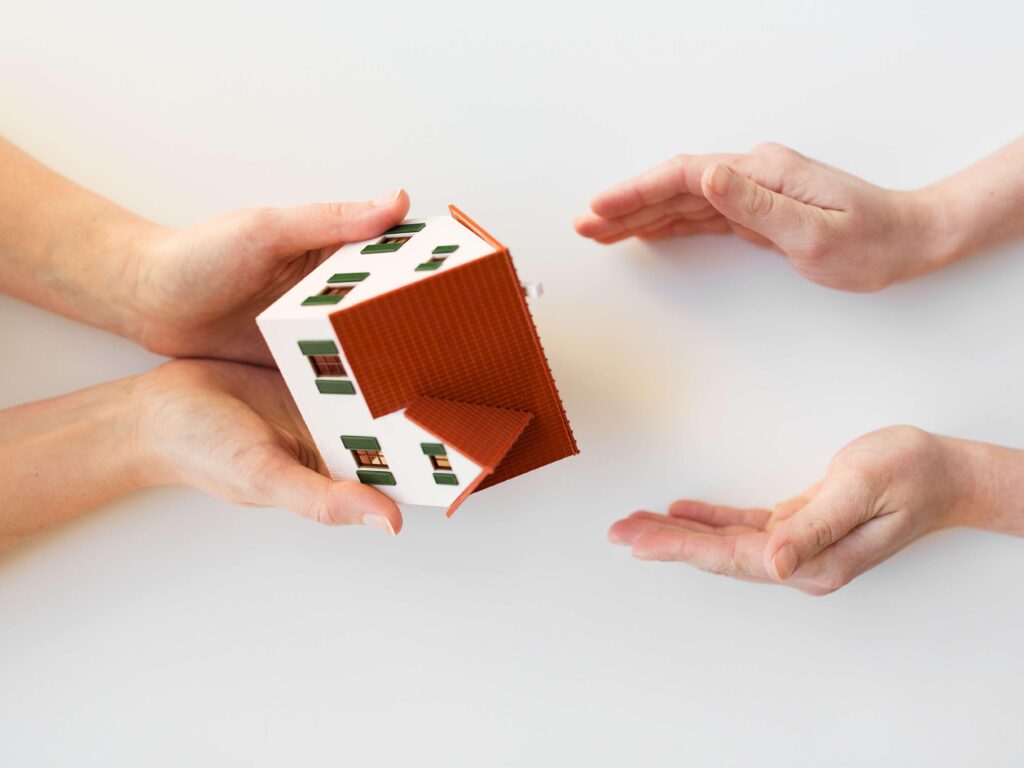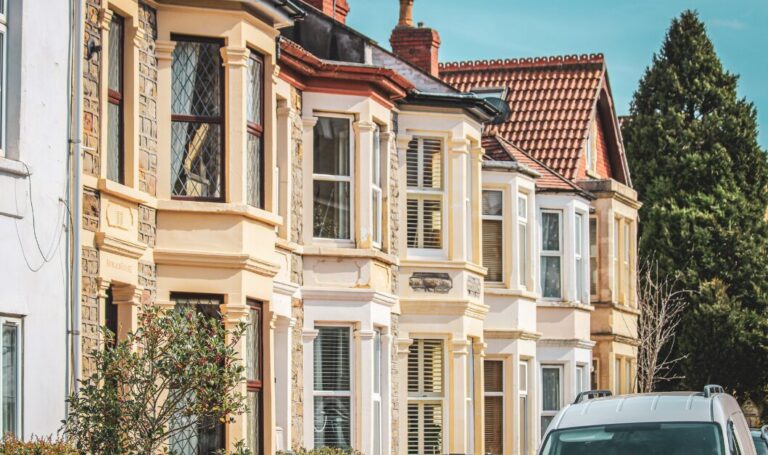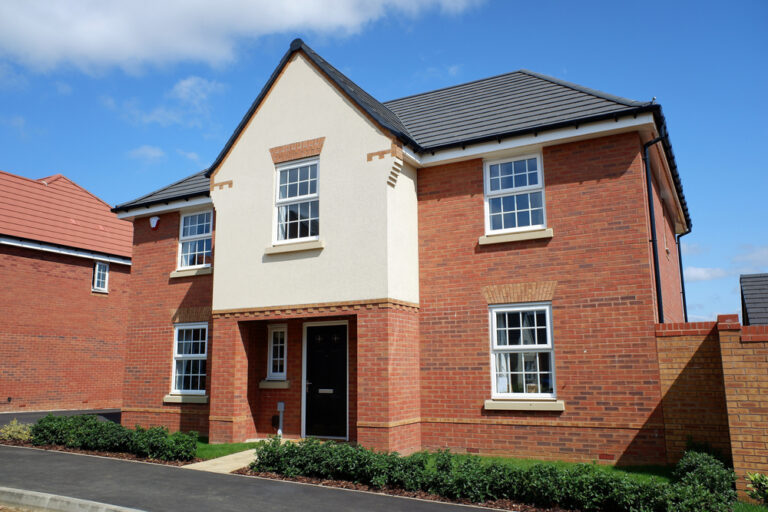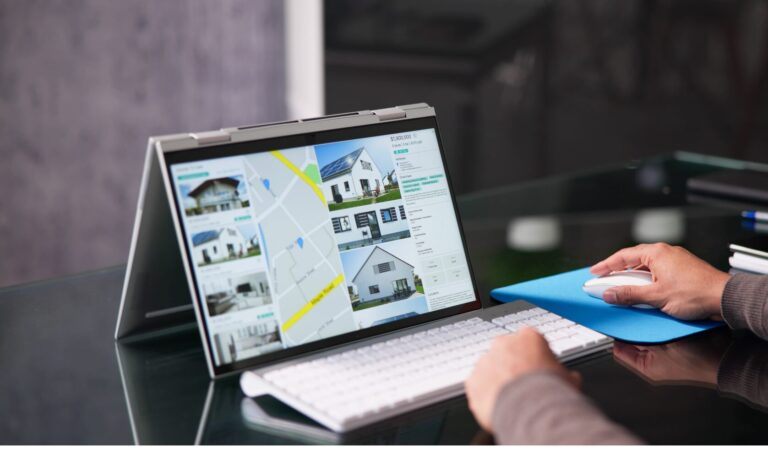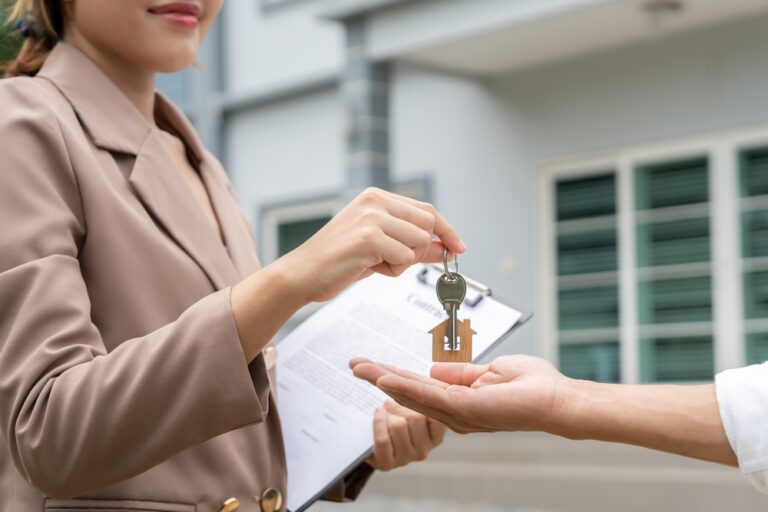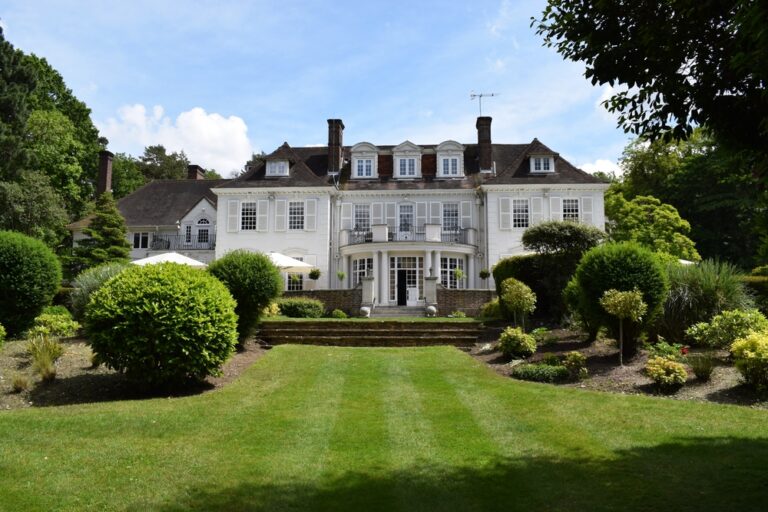Shared Ownership is a government-backed housing scheme aimed at helping first-time buyers on to the property ladder.
Alongside Help to Buy, the popularity of the Shared Ownership scheme is showing no signs of slowing down, with 13% of buyers who weren’t intending to use it before the coronavirus pandemic now planning to do so in 2020-21, according to Legal & General.
But what is Shared Ownership and how does it work? We’ll outline everything you need to know right here…
What is Shared Ownership?
Shared Ownership sees you buy a share in a property and pay reduced rent on the remaining amount.
The scheme is aimed at buyers who can’t afford to buy their own home outright, with the majority of homes for sale under Shared Ownership being new-build properties.
How does Shared Ownership work?
Under the current scheme, when you buy a Shared Ownership home, you’re purchasing between 25% and 75% of the property, with the remaining share owned by a housing association or your local council.
You pay rent at a reduced rate for the share you don’t own, while also covering any ground rent or service charge as Shared Ownership properties are sold on a leasehold basis.
You then pay down your mortgage, over time, on the share you own.
Who is eligible for Shared Ownership?
To be eligible for the Shared Ownership scheme in London, you must:
- Be a first-time buyer, or;
- A previous homeowner who can’t afford a property now, or;
- Be renting a housing association or council home already
- Have a household income of no more than £90,000
Shared Ownership costs you need to know about
Any property purchase involves some fairly big costs and Shared Ownership is no different.
Here are three key costs you’ll need to factor in when looking to buy a property through Shared Ownership:
1 Deposit
You’ll need to put down a deposit on the share of the property you’re buying. That amount is usually at least 10% of the value of that share but can be as low as 5% depending on the property being bought.
For example, if you’re buying a 25% share in a property worth £200,000, that equates to £50,000. So, if a 10% deposit was required, you’d need to put down £5,000.
2 Conveyancing fees
You’ll need to hire a solicitor or property conveyancer to do the legal work on your Shared Ownership purchase.
Solicitor fees can vary, so seek recommendations from friends or family.
3 Stamp duty
First-time buyers were already exempt from paying stamp duty on the first £300,000 of a property’s purchase price.
Until March 31, 2021, though, that exemption figure is £500,000 for all buyers.
If you do need to pay stamp duty on a Shared Ownership property, you have two options:
- Pay stamp duty on the property’s full value up front, meaning you won’t have to pay any further stamp duty if you buy a bigger share in the future
- Only pay stamp duty on the share you’re buying, which could fall below the stamp duty exemption rate, meaning you’d pay nothing up front
If you decide to buy a bigger share in your property in the future and you haven’t paid all your stamp duty up front, there would be no further stamp duty to pay until you own at least an 80% share.
At that time you would pay stamp duty on the share that took you to 80% ownership and then any further share purchased after that in the future.
Stamp duty on Shared Ownership homes can sometimes be complicated, so you should always seek the advice of a solicitor.
How much will I pay in rent on my Shared Ownership home?
The amount of rent you’ll pay in addition to your mortgage on your Shared Ownership home will vary depending on the housing association or council’s rate and the size of the share you own.
Housing association rates are usually set at around 3% of the share on which rent is due, but this figure can vary.
Based on that figure, if you owned 25% of a Shared Ownership property worth £200,000, rent would be due on 75% of that – £150,000.
At 3%, your annual rent would be £4,500, which equates to £375 per month.
Buying a bigger share of your home
Under Shared Ownership, you can purchase a larger share in your property once you’ve lived in it for a certain amount of time.
The exact timeframes will be outlined in the terms of the lease.
Doing this is known as ‘staircasing’.
If you buy a bigger share in your home, you’ll pay less in rent and, if you staircase to a 100% share, you’ll own your property fully and will no longer have to pay any rent.
The minimum additional share you can purchase is currently 5% or 10%, depending on your housing association’s policy.
Let’s say, for example, you own 25% of your property and wish to buy a further 25% share.
The price you pay will be based on 25% of the property’s current market value.
If that value is £250,000, you’ll pay 25% of that – £62,500.
Selling a Shared Ownership home
If you staircase your way to 100% ownership, you can sell your home on the open market just as any other homeowner would.
But if you own less than 100%, the process for selling under Shared Ownership is slightly different.
This is what you should do:
- Contact your housing association / council and inform them you wish to sell
- Your housing association will provide you with a list of surveyors for you to have your home valued
- Your chosen surveyor will visit your home and provide a market valuation
- If you still wish to sell, you will need to provide a valid Energy Performance Certificate for your home
- Under the terms of your lease, your housing association will have a set amount of time to find a buyer for your home
- If they are unable to find a buyer, you’ll be able to sell the property on the open market through an estate agent
- Any buyer would need to be able to purchase a share of the property equal to or greater than your share at the time of the sale
The pros and cons of Shared Ownership
When it comes to property, there are always pros and cons, whether it’s using Help to Buy, renting or buying, or using Shared Ownership.
Shared Ownership pros
- Your deposit on the share you own will be much less than if you bought a home outright
- Your rent payments will be lower than the market average of renting a property privately
- Your mortgage will be lower, meaning you’re more likely to be approved if you’re a lower earner
- You can staircase to full ownership over time, buying shares when you can
- You don’t have to staircase – meaning you’re less likely to be left vulnerable if house prices dip
Shared Ownership cons
- Shared Ownership properties are leasehold, meaning you’ll have to pay ground rent and a service charge to your housing association
- If you own a small share in your home, you’re less likely to benefit from its capital growth over time
- Some lenders don’t offer Shared Ownership mortgages, meaning more limited options than standard mortgages
- Each time you staircase, you’ll need to pay valuation, conveyancing, mortgage and survey fees
- When you staircase, you’re buying a share based on the property’s current value – so if that’s increased, you’ll pay more than you would have at the beginning
How do I buy Shared Ownership in London?
- Contact the housing department at your local council to find out if the Shared Ownership scheme is offered in the area you want to buy
- Speak to the housing team to work out if you’re eligible for the scheme
- Take a look at the Homes for Londoners website to see what properties are available under Shared Ownership. Register your interest if you see anything you like
- Speak to a mortgage broker about what options are available to you through Shared Ownership
- If you’re certain Shared Ownership is right for you and it’s affordable, arrange viewings on properties you like
- Once you’ve found a property, you can put down a reservation fee, usually a few hundred pounds, to secure it
- If the property you like is a new-build, you’ll undergo a financial interview with the housing association, so they can be sure you meet the affordability criteria
- All being well, you should now appoint a solicitor to deal with your purchase
- Once you exchange contracts, your purchase is legally binding, and you’ll find out your completion date
- On your completion day, your solicitor will ensure all funds are transferred to the relevant parties and you’ll be handed the keys to your new home
Changes to Shared Ownership in 2021
From April 2021, the minimum available share under Shared Ownership will reduce from 25% to 10%.
It will also be possible to staircase in increments of 1%, rather than the current 5% or 10% increments currently.
